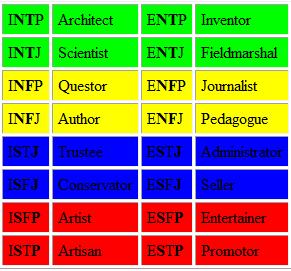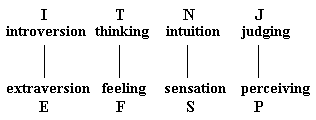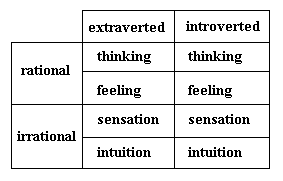Definition:
Intrinsic motivation refers to motivation that comes from inside an individual rather than from any external or outside rewards, such as money or grades.
The motivation comes from the pleasure one gets from the task itself or from the sense of satisfaction in completing or even working on a task. To be curious ,To be active ,To initiate thought and behavior ,To make meaning from experience ,To be effective at what we value.These are all traits of human nature and they show themselves as intrinsic motivation in learning. An intrinsically motivated person will work on a math equation, for example, because it is enjoyable. Or an intrinsically motivated person will work on a solution to a problem because the challenge of finding a solution is provides a sense of pleasure. In neither case does the person work on the task because there is some reward involved, such as a prize, a payment, or in the case of students, a grade.Intrinsic motivation does not mean, however, that a person will not seek rewards. It just means that such external rewards are not enough to keep a person motivated. An intrinsically motivated student, for example, may want to get a good grade on an assignment, but if the assignment does not interest that student, the possibility of a good grade is not enough to maintain that student’s motivation to put any effort into the project. Introverts are more concerned with the inner world of the mind. They enjoy thinking, exploring their thoughts and feelings. They often avoid social situations because being around people drains their energy. This is true even if they have good social skills. After being with people for any length of time, such as at a party, they need time alone to “recharge.”When introverts want to be alone, it is not, by itself, a sign of depression. It means that they either need to regain their energy from being around people or that they simply want the time to be with their own thoughts. Being with people, even people they like and are comfortable with, can prevent them from their desire to be quietly introspective.Being introspective, though, does not mean that an introvert never has conversations. However, those conversations are generally about ideas and concepts, not about what they consider the trivial matters of social small talk.In order to be able to understand Introvert people we should know them.



